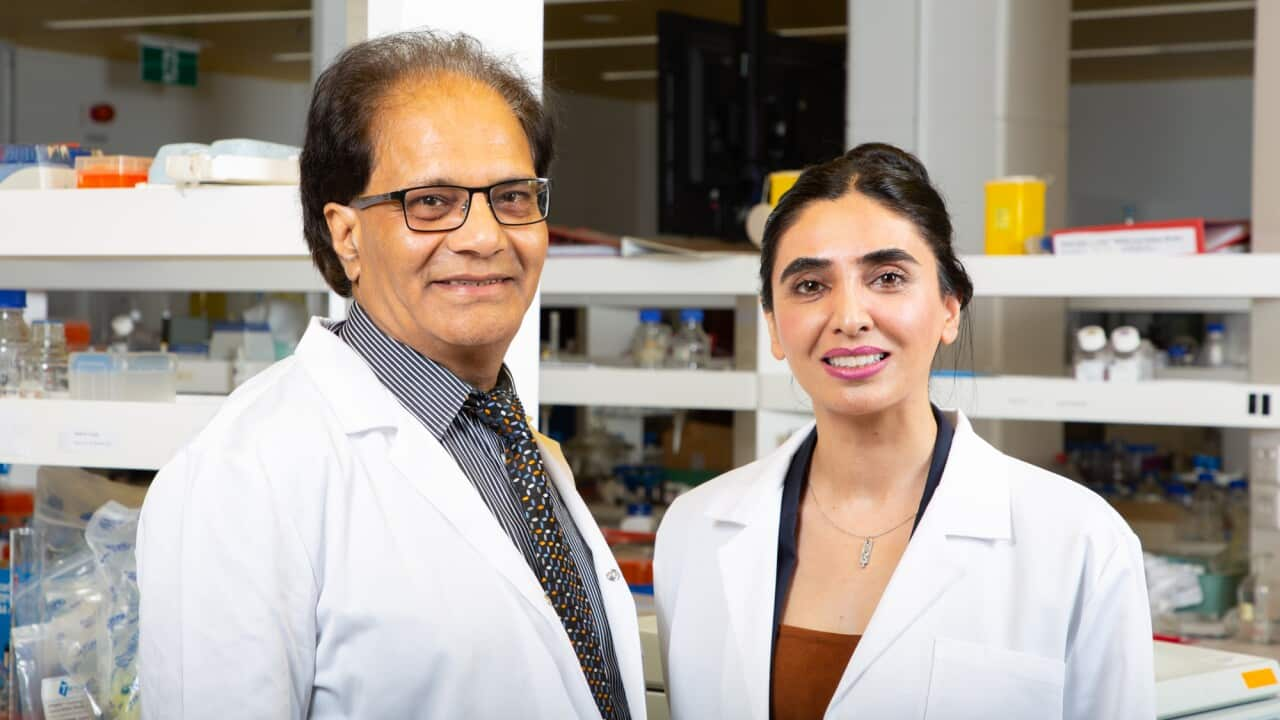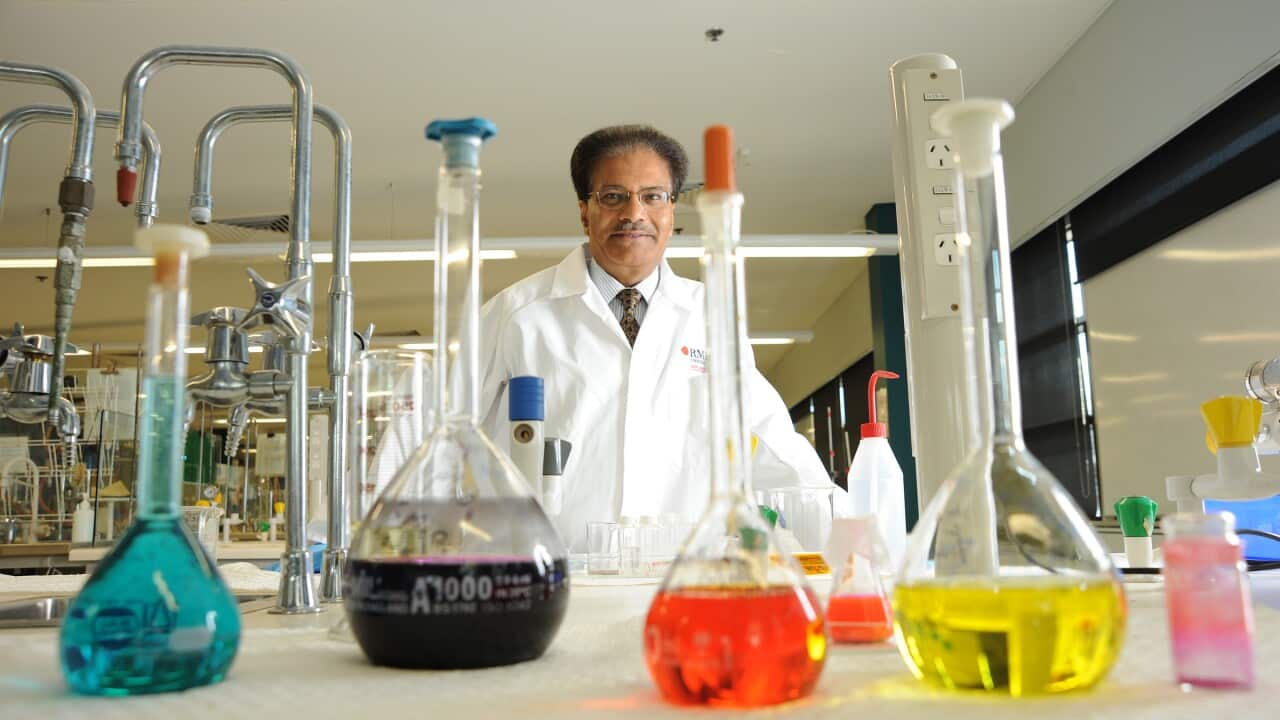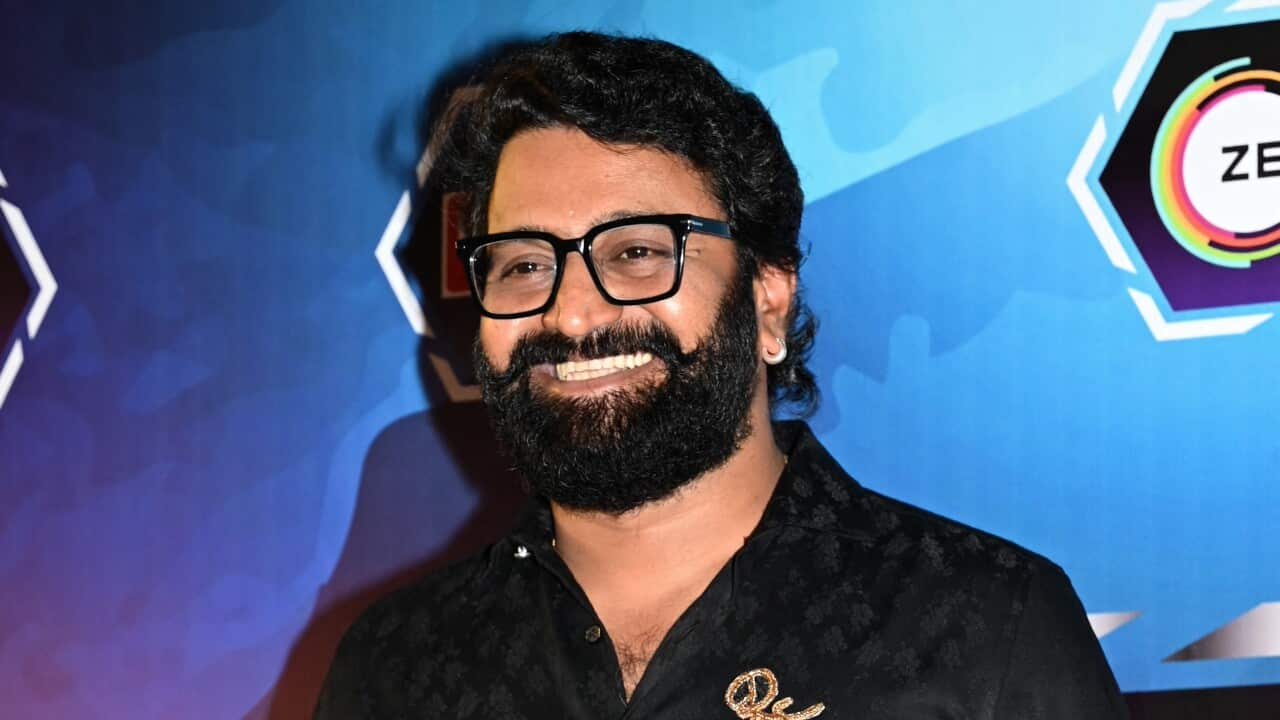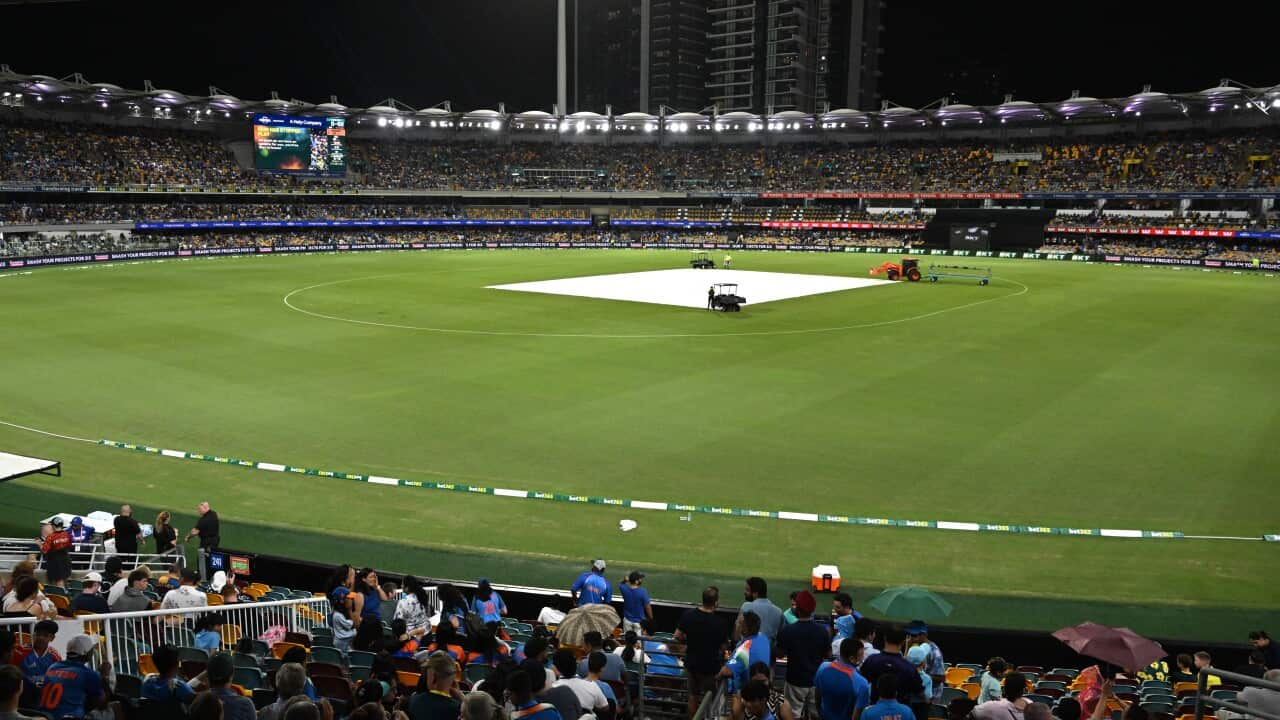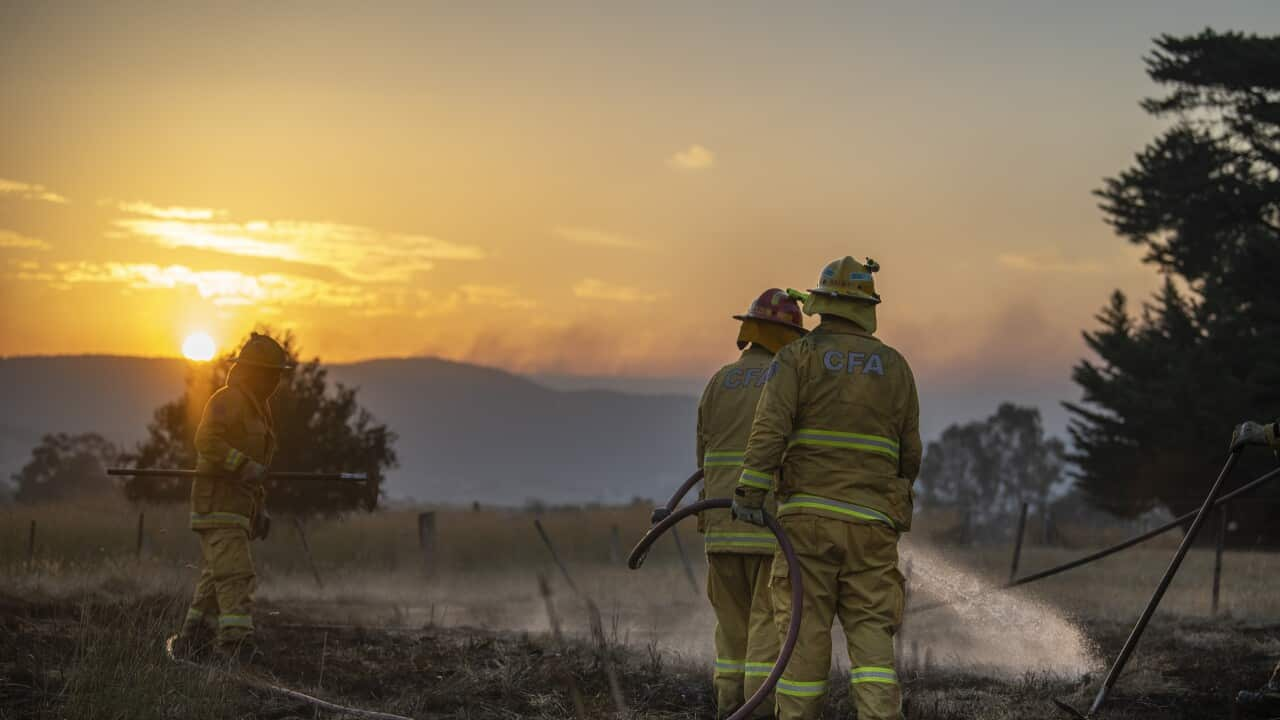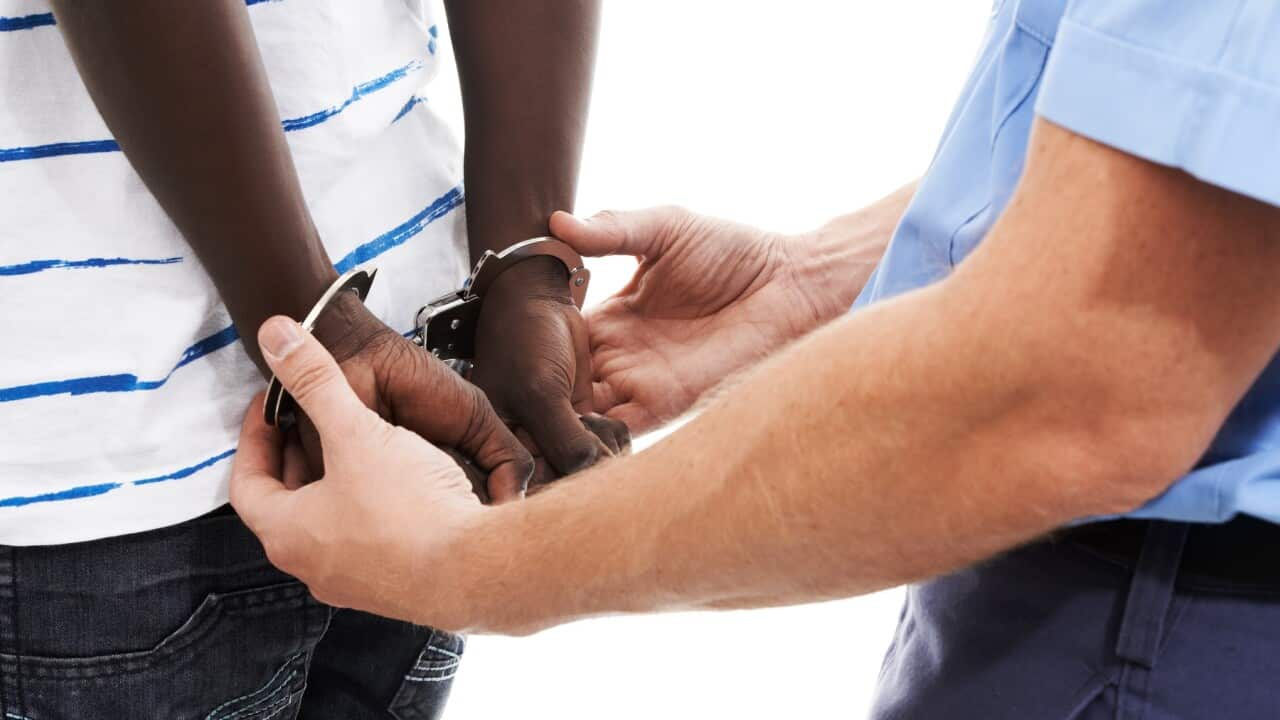New research has revealed gold molecules were up to 24 times more effective at killing cancer cells than the widely used anti-cancer drug cisplatin and were also better at inhibiting tumour growth.
This research has been led by an Indian scientist at RMIT University in Melbourne where the team have engineered gold-based molecules that target cancer cells and leave healthy cells unharmed.
Team leader and RMIT’s Centre for Advanced Materials and Industrial Chemistry (CAMIC) Director, Distinguished Professor Suresh Bhargava, said gold had an ancient history of medical use, particularly in India and China.
“We know that gold is readily accepted by the human body and we know it has been used for thousands of years in treating various conditions,” Bhargava said.
“Essentially, gold has been market-tested, but not scientifically validated.
“Our work is helping both provide the evidence base that’s missing, as well as delivering new families of molecules that are tailor-made to amplify the natural healing properties of gold.”
For Bhargava, who has lost close friends to cancer, the search for new and better treatments is a personal passion.
“I saw friends go through many years of treatment before they died and I saw how the side effects they experienced were almost more painful than cancer itself,” he said.
“At the time there was no alternative but scientists have recently started to explore the potential of gold-based drugs and I realised this was our opportunity.
“We used the power of collective intelligence to bring together synthetic chemists and pharmacologists to address the issue.”
“I am going to dedicate the remainder of my life and research for this cause,” Dr Bhargava told SBS Hindi.
Listen to the podcast:
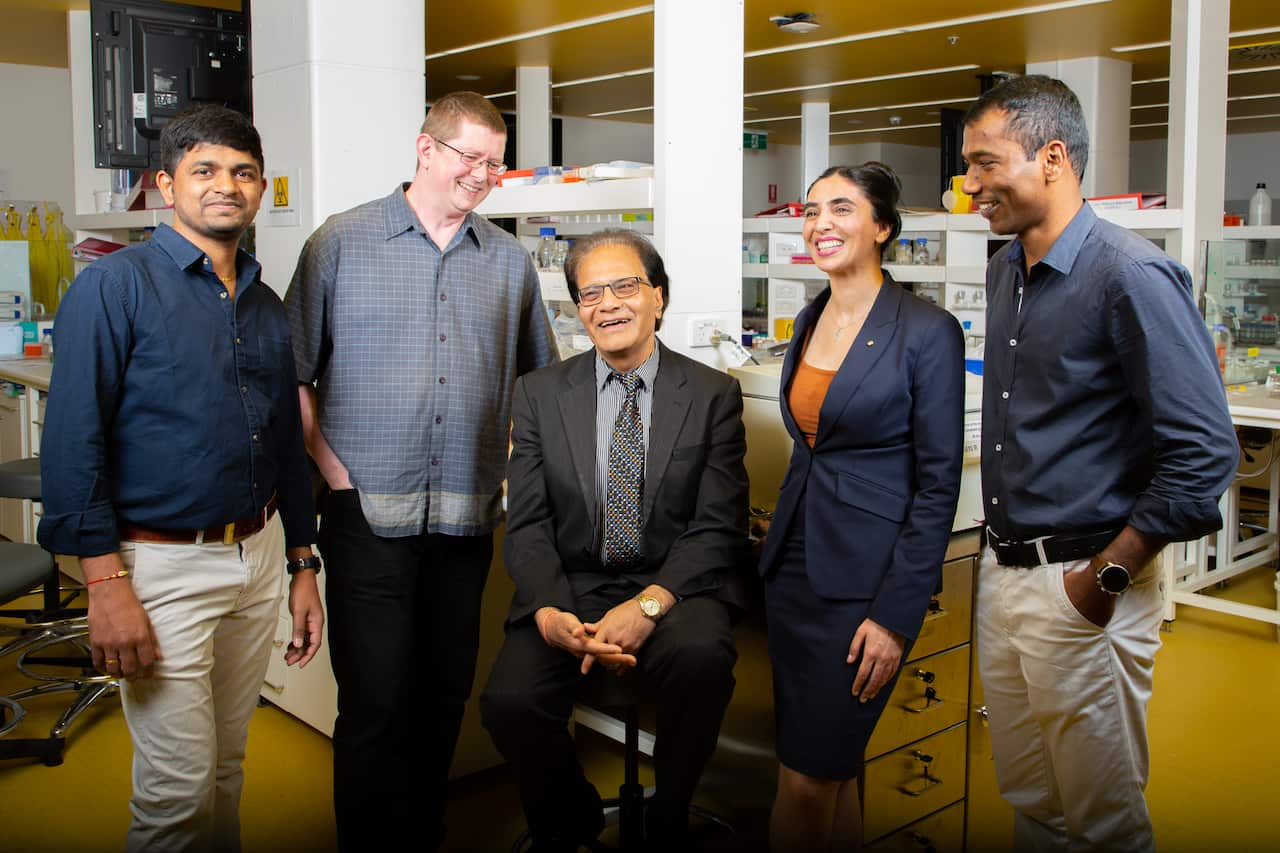
The research team includes Dr Srinivasareddy Telukutla, a graduate from RMIT’s joint PhD program with the Indian Institute of Chemical Technology (IICT), Ganga Reddy Velma, a PhD candidate at IICT and Visiting Research Fellow at RMIT, and synthetic chemist Dr Steven Priver.
Dr Bhargava has also been invited to join the prestigious International Health Industry Forum where he will speak on the gold medicine research at its annual meeting in Yantai, China from September 20-23.
“It’s a big challenge to be solved but all the great medical breakthroughs start from somewhere, and each step brings us closer to our goal of translating our research to make a sustained and lasting impact on the world.”
The research team has successfully completed in vitro and in vivo pre-clinical studies and is seeking funding to support the next stage of the research - clinical studies and regulatory approval.
“It takes 10-20 years for a discovery to become a medicine. The next step will be to get grants and do clinical trials,” Dr Bhargava told SBS Hindi.
Tune into SBS Hindi at 5 pm every day and follow us on Facebook and Twitter
